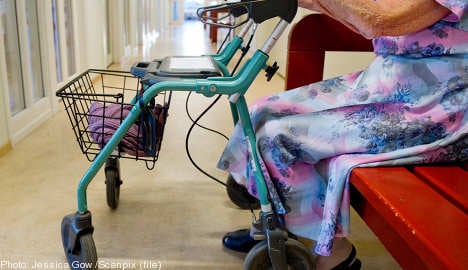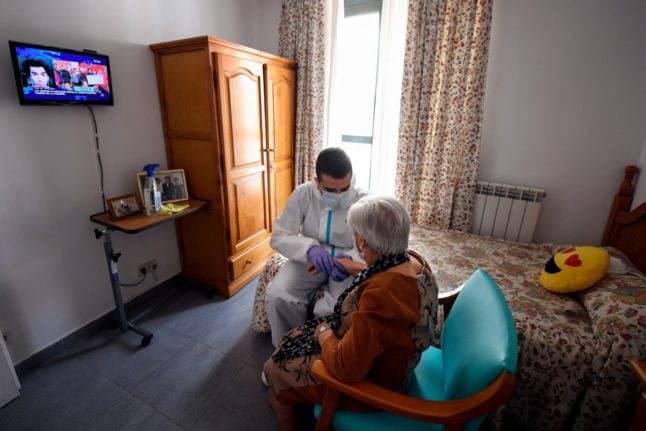“We’re not allowed to change the diaper until it has reached its full capacity. The aim is clearly to keep consumption down and save money,” an anonymous member of staff told daily Dagens Nyheter (DN).
The result is that the old people are left with wet diapers for hours before they are changed, staff claims.
Sources have described to DN how staff is also instructed to weigh the diapers regularly to ascertain how many hours the patient can wear it before it starts leaking.
This way, staff can work out which brand to use in order to have to change the diapers as seldom as possible and avoid “unnecessary” changing.
However, according to the company’s head of information, Elisabeth Frostell, the project was launched in order to try out what incontinence pad was best for each individual patient.
“It is not a question of residents being forced to wear wet diapers. The assessment is done with the client’s best interest at heart,” she told the paper.
The company also announced on Thursday that they are scrapping their controversial bonus program whereby management were said to reward the homes that managed to save the most money.
“The wrong things may never be prioritized. We have now banned all bonuses in our operations, and of course that goes for my own as well,” Carema CEO Carl Gyllfors wrote on the company website.



 Please whitelist us to continue reading.
Please whitelist us to continue reading.
Member comments